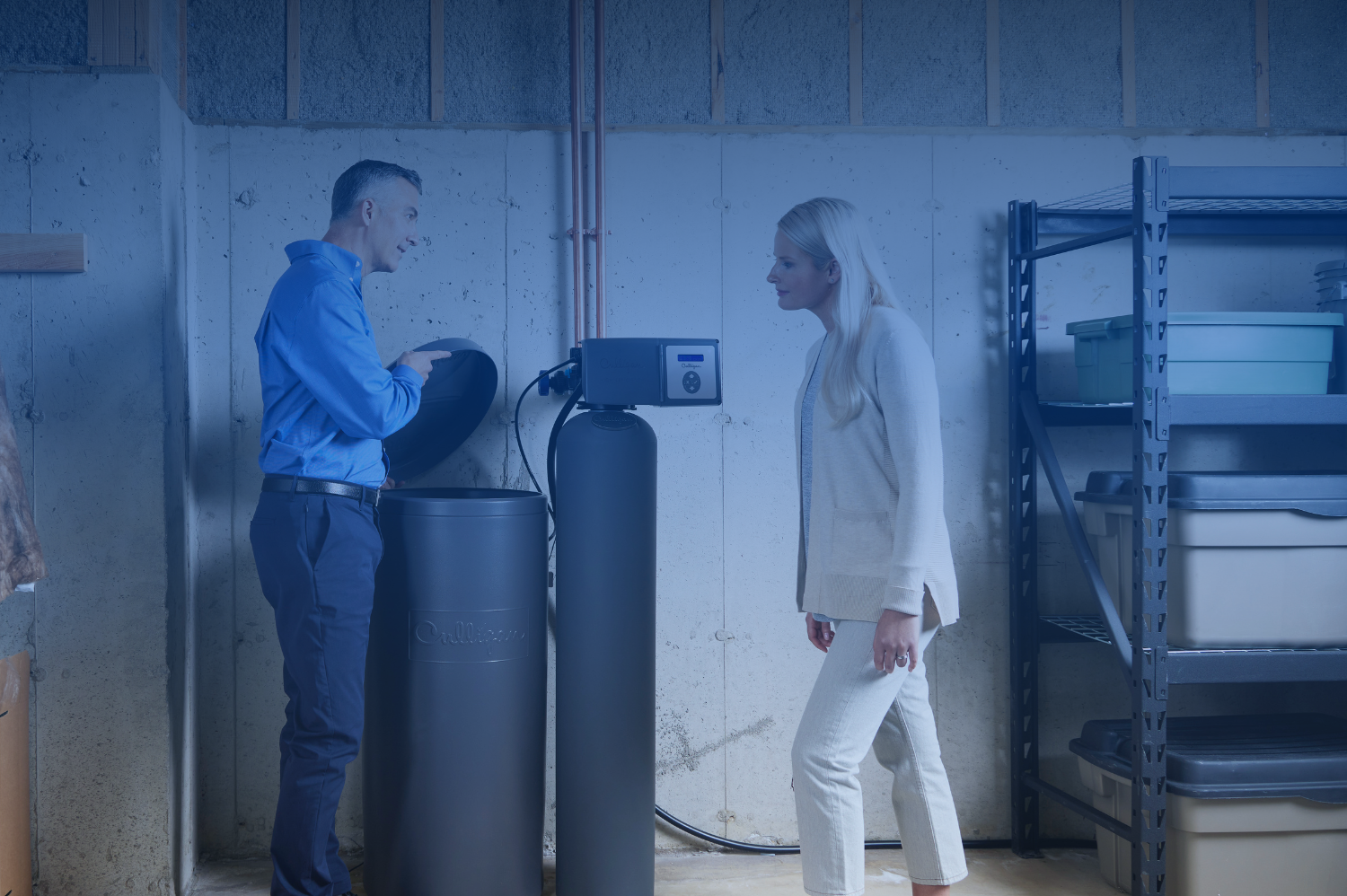Understanding the Practical Function of Your Water Softener
Understanding The Practical Function of Your Softener: Ensuring Quality Water for Your Home
Water softeners play a vital role in maintaining the quality and performance of your home’s water supply. They work by removing minerals like calcium and magnesium, commonly found in hard water, and replacing them with sodium or potassium ions through a process called ion exchange. This transformation from hard to soft water offers numerous benefits, such as extending the lifespan of appliances, preventing scale buildup, and improving the effectiveness of soaps and detergents. Understanding the practical function of a softener is crucial for its proper maintenance and optimal performance.
One key aspect to consider is the frequency at which the softener and brine tank need to be sanitized. Sanitization is an essential maintenance step to remove any bacteria, mold, or contaminants that may accumulate over time. It is generally recommended to sanitize the softener and brine tank at least once a year. However, if your water source has a high level of iron or other impurities, more frequent sanitization may be necessary. This helps ensure the longevity of the softener and the purity of the water it produces.
It’s important to note that running out of salt doesn’t necessarily mean you’re out of brine. Brine is the concentrated salt solution used during the regeneration process to cleanse the resin bed inside the softener. As long as there is brine in the tank, the softener can continue to function effectively. However, when the brine levels become insufficient, the regeneration process may be compromised, leading to a decrease in the softener’s performance.
To avoid potential issues, it’s essential to keep an eye out for signs of low salt levels. These can include a change in water softness, leading to an increased scale buildup, reduced water pressure, or changes in skin and hair texture and smoothness. If you notice these signs, it’s advisable to check the salt level in the brine tank and replenish it if necessary. Maintaining the correct salt levels ensures that the ion exchange process occurs properly, allowing the softener to continue delivering soft water throughout your home.
When adding salt to the brine tank, it’s crucial to use the appropriate type—softener salt. Pool salt or other types of salt may contain different chemicals that can negatively impact the resin bed and other components of the softener system. These chemicals can be corrosive to the moving parts, potentially leading to equipment malfunction or damage. Softener salt, such as solar salt or pellet salt, is specifically designed for water softeners and minimizes the risk of such issues occurring.
Watch: How a Water Softener Works
In regions with higher humidity, an additional concern is salt bridging. Salt bridging happens when the salt forms a hard crust or layer at the top of the brine tank, preventing proper dissolving and flow of brine. To prevent salt bridging, it’s crucial to choose the right type of salt. Solar salt has less chance of bridging compared to other types. Additionally, keeping the brine tank clean and dry can help minimize humidity-related issues and ensure consistent performance from your water softener.
Understanding the practical function of a softener is essential for maintaining the quality and longevity of your water treatment system. Regular sanitization of the softener and brine tank, proper salt levels, and using the correct type of softener salt are key factors to consider. By following these guidelines, you can ensure that your water softener operates effectively.
Consulting with a water treatment professional is always recommended before attempting to work on your water softener yourself. Culligan of the Low Country will answer all questions or concerns about water softeners, their maintenance, or the quality of your home’s water supply. We provide personalized advice and guidance based on your specific needs. Contact us to discuss your water softener requirements or schedule regular maintenance.
Contact Us to Get Great Water, Today!

